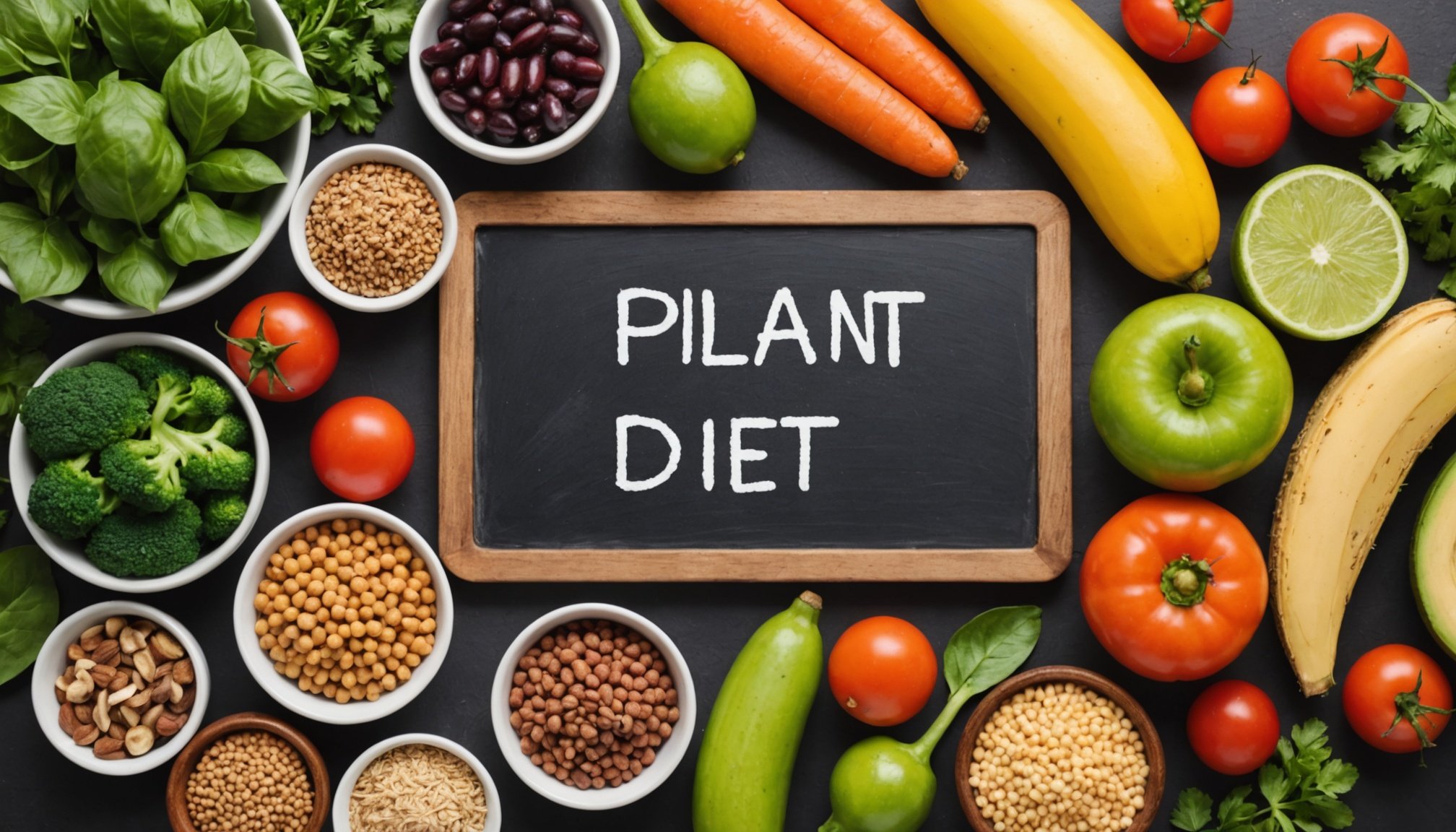Understanding Ulcerative Colitis
Ulcerative colitis is a chronic condition within the category of inflammatory bowel disease. It primarily affects the colon and rectum, resulting in inflammation and the development of ulcers in the digestive tract. This condition is more prevalent in westernised societies, commonly manifesting in adolescents and young adults, although it can appear at any age.
The symptoms of ulcerative colitis can significantly impact a person’s daily life. Common signs include abdominal pain, persistent diarrhea, rectal bleeding, and the urgent need to defecate. These symptoms may lead to complications such as fatigue, weight loss, and dehydration, affecting one’s overall quality of life. The unpredictable nature of the condition, with alternating periods of exacerbation and remission, can burden the affected individual.
Various treatment options aim to reduce inflammation and manage symptoms. These include aminosalicylates, corticosteroids, and immunosuppressants. However, each treatment has limitations, such as side effects and variable efficacy in different individuals. In severe cases, surgery may become necessary. Despite these options, achieving a long-term solution remains a challenge for many patients. Consequently, ongoing research seeks to improve current therapies and develop new targeted approaches. Understanding and managing ulcerative colitis require a comprehensive strategy tailored to an individual’s specific symptoms and needs.
The Concept of a Plant-Based Diet
A plant-based diet centers around consuming foods derived mainly from plants. This includes not only fruits and vegetables but also nuts, seeds, oils, whole grains, legumes, and beans. Importantly, adopting a plant-based diet does not automatically mean vegetarianism or veganism, as these diets may still incorporate small amounts of animal products.
This might interest you : Exploring the Link Between Social Support Systems and Lifespan in Older Adults
Whole foods play a crucial role in this dietary approach, emphasizing foods that are unprocessed and unrefined, or processed minimally. This ensures the retention of natural nutrients. Key nutrients provided by plant-based foods include fiber, protein, healthy fats, vitamins, and minerals. Together, these contribute to maintaining optimal health, supporting energy levels, and reducing the risk of chronic diseases.
Plant-based diets differ from other dietary approaches by focusing on nutrient density, rather than caloric content. While some diets center around what you exclude, like low-carbohydrate or low-fat diets, the plant-based approach emphasizes abundance and nutrition. By prioritizing whole, plant-based sources, individuals can enjoy diverse flavours and nutrient-packed meals, without the need to eliminate entire nutrient groups.
Understanding and embracing the principles of a plant-based diet can lead to significant health benefits and offer an enjoyable and sustainable way of eating.
How a Plant-Based Diet May Alleviate Ulcerative Colitis Symptoms
Switching to a plant-based diet could offer significant relief for those suffering from ulcerative colitis. Scientific studies have shown that diet changes, particularly those focusing on plant-based benefits, can lead to improvement in symptoms. These diets are rich in anti-inflammatory foods, which play a key role in alleviating the symptoms of this condition.
One of the primary mechanisms through which a plant-based diet aids in ulcerative colitis relief is by reducing inflammation in the gut. Many plant foods are high in antioxidants and phytonutrients, which are known for their anti-inflammatory properties. Consuming a range of fruits and vegetables can help to calm inflamed tissues, promoting better intestinal health.
Specific food items have been identified for their beneficial effects. Foods such as leafy greens, berries, nuts, and seeds are particularly potent. For example, nuts and seeds provide essential fatty acids, which support gut barrier functions and reduce inflammation. Moreover, consuming fiber-rich foods like legumes can improve gut health by fostering a healthy microbiome, which plays a crucial role in maintaining gut integrity.
Embracing a diet rich in plant-based benefits can be a practical approach for managing and potentially reducing ulcerative colitis symptoms, offering an alternative avenue for those seeking relief.
Recommended Foods for Ulcerative Colitis Management
Understanding the right dietary recommendations for managing ulcerative colitis can significantly improve one’s quality of life. In particular, certain foods known as healing foods or superfoods may help alleviate symptoms and promote gut health.
Fruits and Vegetables
Incorporating a variety of fruits and vegetables is crucial for ulcerative colitis management. They are rich in essential nutrients, providing vitamins such as Vitamin C and fibre that support digestive health. However, not all fruits and vegetables might be suitable during a flare-up. It is recommended to start with low-fibre options such as avocados and bananas, which are easier on the digestive system. Soft-cooked or steamed vegetables like carrots and squash can also be included with less risk of irritation.
Whole Grains
In the case of whole grains, introducing gluten-free options might be beneficial for some individuals. Brown rice and oatmeal serve as excellent sources of energy while being gentle on the stomach. These grains are packed with complex carbohydrates, helping to maintain steady blood sugar levels. Incorporating these into meals ensures an adequate intake of fibres and helps add bulk to stools.
Legumes and Nuts
Legumes and nuts offer rich nutrient profiles, being proteins and healthy fats. However, due to their fibrous nature, they should be consumed in moderation and preferably cooked to softness. Hummus made from chickpeas and almond butter are delicious ways to gain these benefits without discomfort. Including a diverse mix of these superfoods helps maintain nutritional balance and encourages healing.
Success Stories and Testimonials
Delving into patient experiences reveals profound insights into the impact of a plant-based diet on various health aspects. Many individuals have discovered transformative changes by altering their dietary habits, as illustrated in numerous testimonials. These success stories often highlight not only improved physical health but also enhanced mental well-being.
For instance, one might encounter an account of someone grappling with chronic fatigue and inflammation, only to find relief through plant-based nutrition. Such narratives culminate in a renewal of energy and a reduction in debilitating symptoms, underscoring the potential of dietary choices to improve the quality of life substantially.
Individuals commonly share the challenges they faced while transitioning to a plant-based diet, such as cravings for traditional comfort foods or difficulties with social dining. However, through perseverance and community support, many have successfully navigated these obstacles, emerging with both sustained good health and a renewed sense of achievement.
Moreover, the impact on symptoms like digestive issues or high cholesterol levels can be profound. As the body adapts to nutrient-rich, plant-based foods, many report marked improvements, contributing to an overall enhanced lifestyle. These personal accounts serve as powerful testimonials to the effectiveness of a plant-based diet in achieving both personal and health goals.
Potential Risks and Considerations
Changing to a plant-based diet entails various nutritional deficiencies and health considerations. One primary concern is the lack of Vitamin B12, commonly found in animal products. Deficiency in this vitamin can lead to serious health issues, such as anaemia and neurological complications. Ensuring adequate intake through supplements or fortified foods is crucial.
Iron deficiency is another risk to watch for, as plant-based iron is less easily absorbed by the body compared to iron from animal sources. Consuming vitamin C-rich foods can enhance iron absorption, helping mitigate potential deficiencies.
Protein intake may also cause concern. While plant-based diets can provide adequate protein, it’s important to consume a variety of sources such as beans, lentils, quinoa, and tofu to meet daily requirements.
Consulting with healthcare professionals before transitioning is essential. They can guide tailored plans that consider individual needs and suggest supplements if necessary. This consultation helps bypass unwanted health risks and promotes overall well-being.
To ensure a balanced diet, focus on diverse food groups. Integrating whole grains, legumes, nuts, seeds, and a wide array of fruits and vegetables can help avoid imbalances. By maintaining a varied diet and considering professional advice, the transition to plant-based living can be healthful and fulfilling.
Tips for Transitioning to a Plant-Based Diet
Embarking on a diet transition towards plant-based eating can be both exciting and challenging. It is important to approach this change with a strategic plan that allows for gradual adjustments.
Start your journey with small steps. Transitioning does not mean an immediate overhaul of your diet. Initially, you might dedicate specific days of the week to plant-based meals, progressively increasing the frequency. This gradual approach minimizes overwhelm and helps you identify which plant-based foods you truly enjoy.
Consider meal planning as a crucial tool. It aids in the understanding of what to eat and when. Utilize resources like cookbooks and online platforms which offer a plethora of plant-based recipe ideas. Meal planning also ensures balanced nutrition, preventing any gaps in essential vitamins and minerals.
Seek out support through communities and networks dedicated to plant-based lifestyles. Online forums, social media groups, and local meetups provide a space to share experiences, get practical tips, and receive the encouragement you need. Support systems can invigorate your commitment, helping you stay on track through shared knowledge and motivation.
Lastly, remember that personalising your diet transition to suit your lifestyle and preferences is key. With time, patience, and persistence, this shift can lead to rewarding outcomes both in health and culinary enjoyment.











